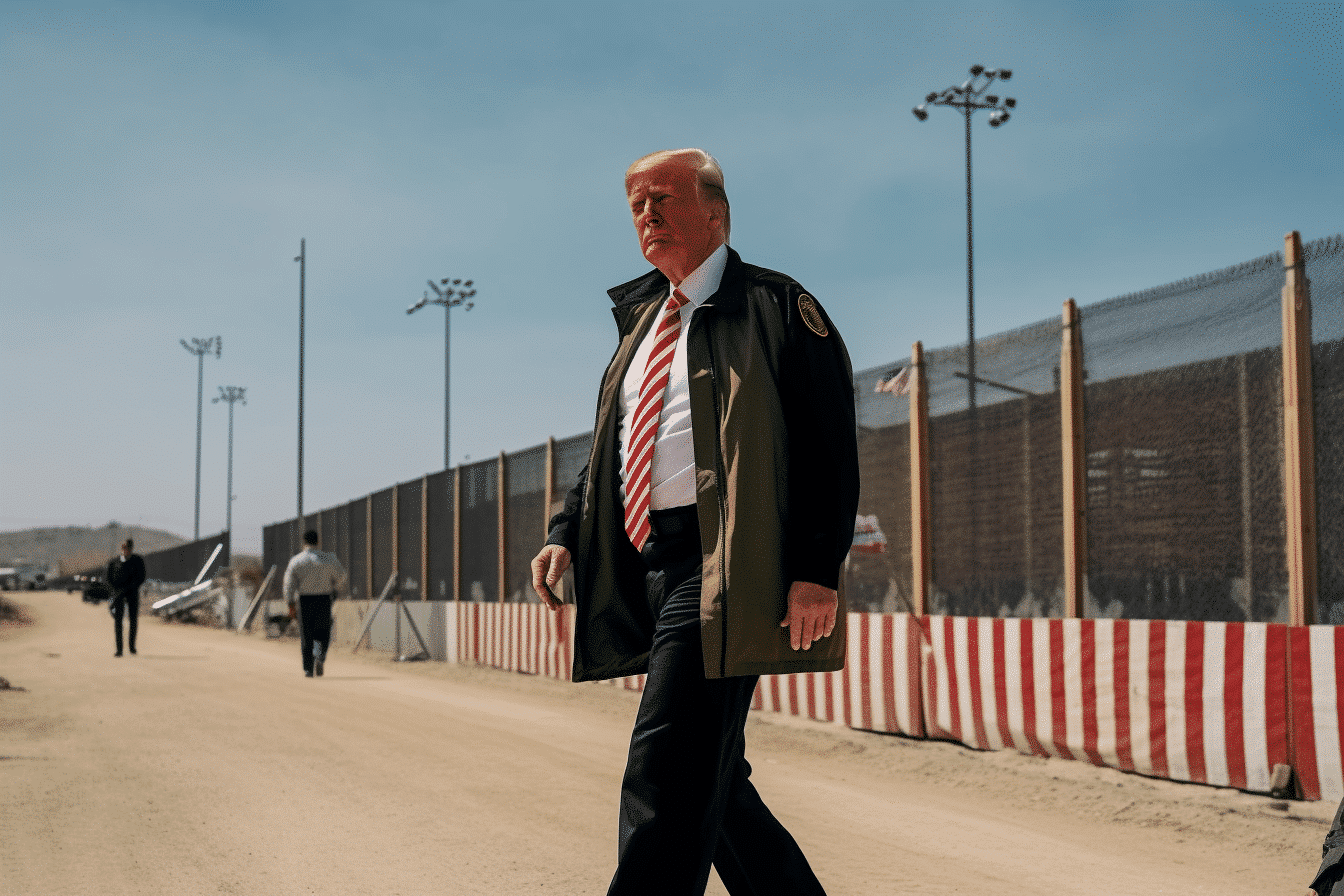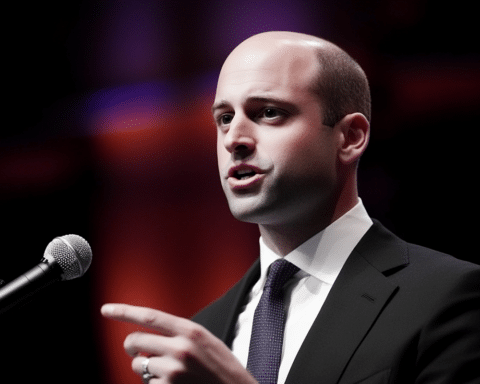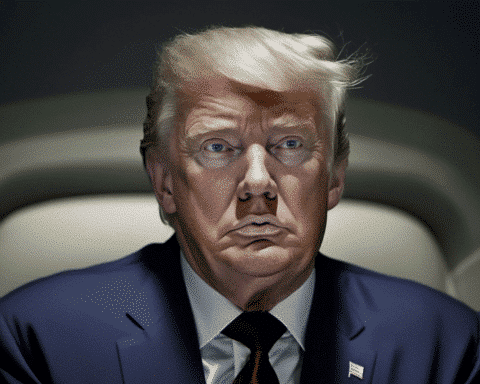As the race for the 2024 Republican presidential nomination heats up, Donald Trump’s campaign trail rhetoric has increasingly pointed to a robust use of military power within the United States. In a series of rallies, the former president has voiced his intent to deploy the military to combat violence in urban areas and enforce immigration laws. Critics and supporters are weighing the implications of such promises, with legal and military experts scrutinizing the historical Insurrection Act, which grants the president considerable leeway in domestic military deployment.
During a stop in Iowa, Trump criticized past restraints on military intervention in cities like New York and Chicago, referring to them as “crime dens” and signalling a no-holds-barred approach in his potential next term. “The next time, I’m not waiting,” he declared, setting a tone of urgency and decisiveness that resonates with his base.
The Insurrection Act, a legacy law, is central to this discussion. Crafted during the country’s infancy, it confers on the president’s almost unchecked authority to use military forces to suppress civil disorder, insurrection, and rebellion. Notably, this power is not subject to judicial review, with the act’s sparse constraints essentially political rather than legal. Joseph Nunn of the Brennan Center for Justice encapsulates this sentiment: “The principal constraint on the president’s use of the Insurrection Act is political.”
Trump’s campaign has yet to clarify the specifics of his plan, and requests for comment remain unanswered. However, the former president’s prior actions and statements, including the possibility of reinstating controversial figures like Lt. Gen. Michael Flynn, indicate a willingness to push the boundaries of presidential power.
The historical application of the Insurrection Act has varied, with presidents from Eisenhower to George H.W. Bush invoking it to address crises ranging from school desegregation to urban riots. The potential for its use under a new Trump administration raises profound questions about the military’s role in domestic affairs, the interpretation of lawful orders, and the integrity of military oaths to the Constitution.
Trump’s hint at an expanded military role within U.S. borders brings a delicate balance between national security and civil liberties to the fore. While the legal framework may offer the president wide latitude, the implications for democracy and the military’s apolitical stance are profound. As the country looks ahead to the next election, the discourse around the Insurrection Act and its use in contemporary America will undoubtedly intensify, testing the fabric of the nation’s commitment to its foundational laws and values.




